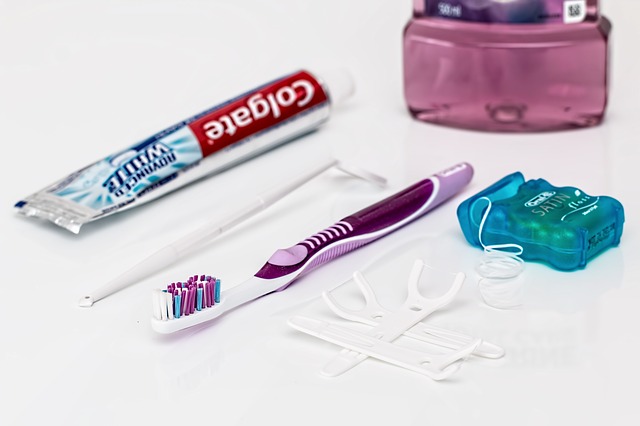Mouth Matters – It’s Not All About Your Teeth

How does the condition of your mouth affect your health?
There’s a lot more to your mouth than providing the ability to take in nutrition, whether it’s for chewing up your food for digestion, taking vitamins or drinking water and juices to stay hydrated. Our teeth and the surrounding tissues and features play major roles in our overall health and condition.
In our mouths, glands in the cheek area and under the tongue produce saliva to mix with our food to help break it up and make it more digestible. They also keep tissues moistened, which helps to increase their flexibility which also aids chewing, speaking and breathing.
Saliva washes food off our teeth (much like rain on a car) and buffers food acids. As we age, we often find that we have less saliva flow, often due to medications that dry our mouths or to “stones” that may block ducts. If this occurs, it is important to brush after we eat or drink and to limit sugars; specially formulated toothpaste that has higher concentrations of fluoride may also help.
Tongue Ties
The tongue is an important part of our oral cavity. It aids in the digestive process, helping to “sweep” our food to the back part of the mouth and down to the esophagus. Of course, we would have a hard time speaking without it. Also, oral cancers often are located on the lateral borders of the tongue; they should be closely examined by your dentist at every dental appointment. With taste buds concentrated on the tongue, they play a big role in our perception of food, directly affecting our enjoyment of eating and its subsequent nutritive value.
In regards to more systemic involvement, there is ongoing research regarding the effects of periodontal disease and the heart and the rest of our organs. The disease, which focuses on the gums surrounding our teeth, is often characterized by swelling, increased bleeding and a proliferation of bacteria in the area. It is thought that these bacteria can then move through the body, affecting our heart and other organs. Good home care, assisted by professional cleanings three to four times per year, should help reduce or eliminate these problems.
Lastly, and importantly, the condition of our teeth can play a role in our overall health. Most obvious is the need for sound tooth structure for mastication of our food. When cavities or holes in the teeth are present, chewing may be less effective, leading to nutrition issues as well as pain.
If the problems are severe enough, abscesses and infections may result, which may, in turn cause systemic problems, including fever and swelling. While the removal of the pulp/nerve (root canal) may take care of the pain, the tooth would still need to be rebuilt to maintain its place in the arch. When removal of the tooth or teeth is the only solution, chewing is not as effective, and the arrangement of the teeth may change.
The state of the mouth is of utmost importance to our body — from our health to our appearance. Your dentist should play an important role in helping you keep your teeth and tissues ideal so that you can feel and look your best.
This article originally appeared in the May/June 2019 issue of Northeast Ohio Boomer and Beyond.
Contact our office to schedule your checkup or cleaning >

Leave A Comment